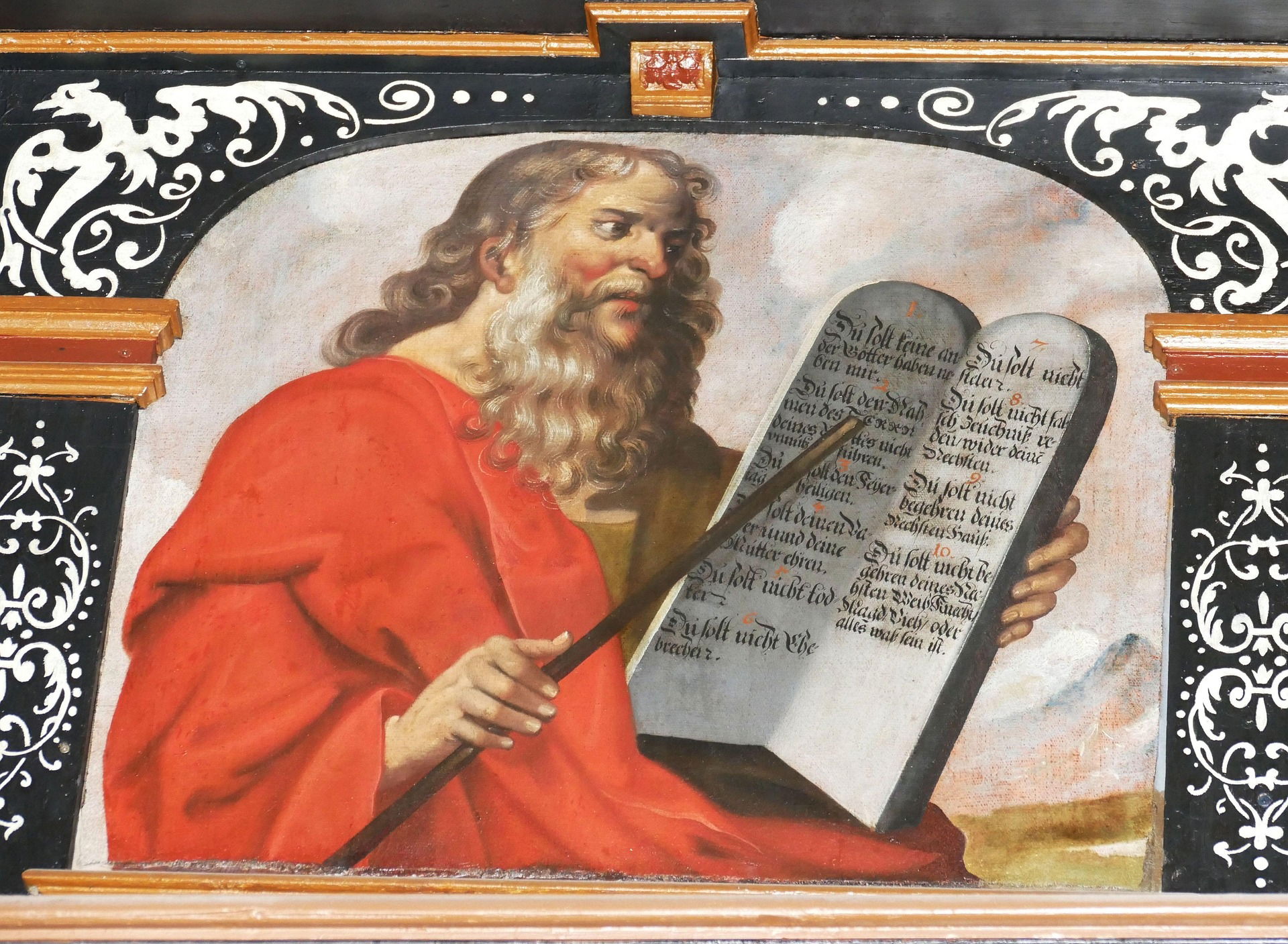Has The Law Of Moses Gone?

Question: Someone wrote to me saying, “Has the Law of Moses been done away with?... Do you keep God’s Law? Saturday Sabbath observance, kosher eating, keeping God’s Appointed Times”.
Answer: Saying the Law of Moses has been done away with is not the right way of looking at the Old Testament, we can look on the Law of Moses as a stepping stone towards Christ. The Law of Moses is a shadow of things to come says Hebrews 10:1.
We don't keep the ceremonial sacrificial law now because Christ has paid the sacrifice for our sins once and for all. But we do keep the spirit of the law, as Jesus taught us, "'Love the Lord your God with all your heart and with all your soul and with all your mind.’ This is the first and greatest commandment. And the second is like it: ‘Love your neighbor as yourself.’ All the Law and the Prophets hang on these two commandments” (Matt 22:37-40).
The Old Testament regulations were pointing us to Christ: “These are a shadow of the things to come, but the body that casts it belongs to Christ” (Col 2:17).
We do have an altar - Christ, who was sacrificed on the altar of the cross: “We have an altar from which those who minister at the tabernacle have no right to eat” (Heb 13:10).
And we do have a priest: “Therefore, since we have a great high priest who has ascended into heaven, Jesus the Son of God, let us hold firmly to the faith we profess” (Heb 4:14).
“Therefore let no one judge you by what you eat or drink, or with regard to a feast, a New Moon, or a Sabbath. These are a shadow of the things to come” (Col 2:16-17).
But we do keep the spirit of the law for after all, the Sabbath was made for man, not man for the Sabbath.
In Exodus 23:12, we have a little more explanation on the reasoning behind the 7th day of no work: “so that the slave born in your household and the foreigner living among you may be refreshed.” Unscrupulous managers would have their workforce toil each and every day if they could. The Israelites themselves may have been in this position as slaves in Egypt, but the Israelites were not to treat their employees in that manner, nor are we.
If we look at the big picture we see that Moses led the people only so far, he didn’t take them into the promised land. Joshua took the people into the promised land. The name “Joshua” is related to the name "Jesus" which is the English form of the Greek "Iēsous," which, in turn, comes from the Hebrew "Yeshua." "Yeshua" is a shortened form of the Hebrew name "Yehoshua," which is the name of the Old Testament leader, Joshua. So we see Moses and his writings taking us up to the promised land, but Jesus taking us into the promised land: “If any man serve me, let him follow me; and where I am, there shall also my servant be” (John 12:26).
God has taken us from the slavery of sin and placed us into his kingdom: “Who hath delivered us from the power of darkness, and hath translated us into the kingdom of his dear Son” (Col 1:13).